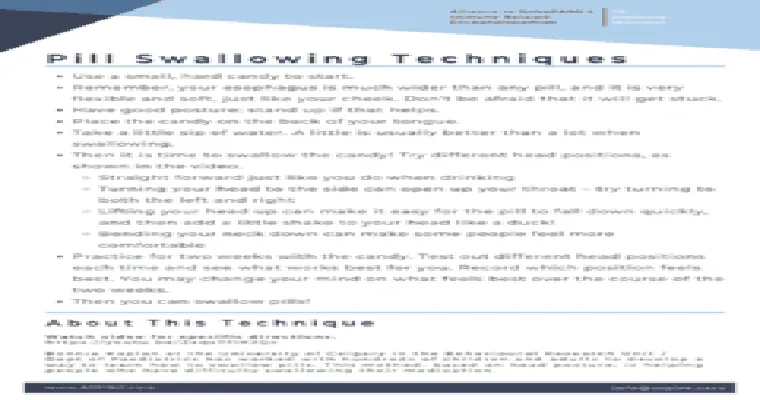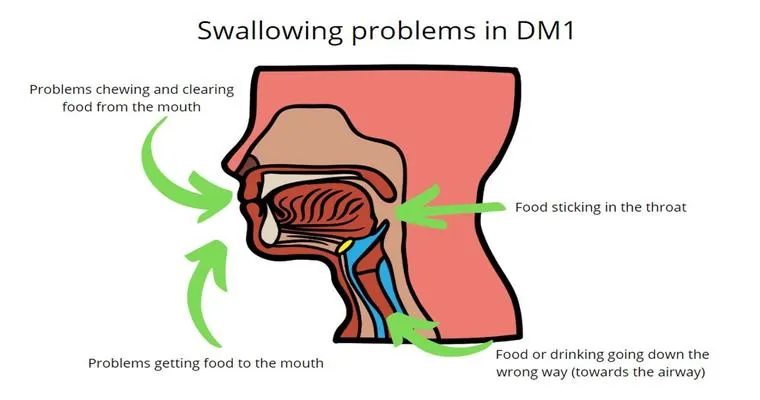Medication adherence can be a challenge for many individuals, especially when it comes to "pill-swallowing". Whether due to physical difficulties, anxiety, or simply a dislike for swallowing pills, finding effective "pill-swallowing methods" can greatly simplify the "medication administration" process. This article explores various techniques and tips to help patients of all ages overcome their fears and difficulties with swallowing pills.
One of the most effective strategies for mastering pill swallowing is to start with smaller pills or even candy. Practicing with "miniature pills" can help build confidence before progressing to larger medications. Additionally, using a "thick liquid", such as applesauce or yogurt, can help the pill slide down more easily, making the experience less daunting. This technique not only masks the taste of the pill but also provides a more pleasant swallowing experience.
Another method to consider is the "lean-forward technique". To use this approach, simply take a sip of water, place the pill on the tongue, and then lean forward while swallowing. This technique can help align the throat in a way that facilitates easier swallowing. For those who find this method uncomfortable, the "lean-back method" can be used instead. In this technique, the individual tilts their head back while swallowing, which may help the pill go down smoothly.
Creating a routine can also make pill swallowing easier. Establishing specific times and places for taking medications can help in developing a habit. Additionally, using a "pill organizer" can assist in managing multiple medications, ensuring that nothing is missed and reducing anxiety around taking pills.
For younger children or individuals with sensory sensitivities, disguising the pill can be effective. Crushing pills or opening capsules may be viable options, but it is crucial to consult with a healthcare professional beforehand, as some medications should not be altered. Mixing the medication with a favorite food or drink can also make it more palatable.
Lastly, if the traditional methods seem overwhelming, there are alternatives available. "Liquid formulations" of medications can be prescribed, or certain medications may be available in "dissolvable" or "chewable" forms. It is essential to communicate with healthcare providers about any difficulties with swallowing pills, as they may have additional solutions or alternatives tailored to individual needs.
In conclusion, mastering pill swallowing can significantly improve medication adherence and overall health. By utilizing various "pill-swallowing methods", individuals can simplify their "medication administration", making it a less stressful and more manageable task. With patience and practice, anyone can learn to swallow pills more effectively, leading to better health outcomes and improved quality of life.





